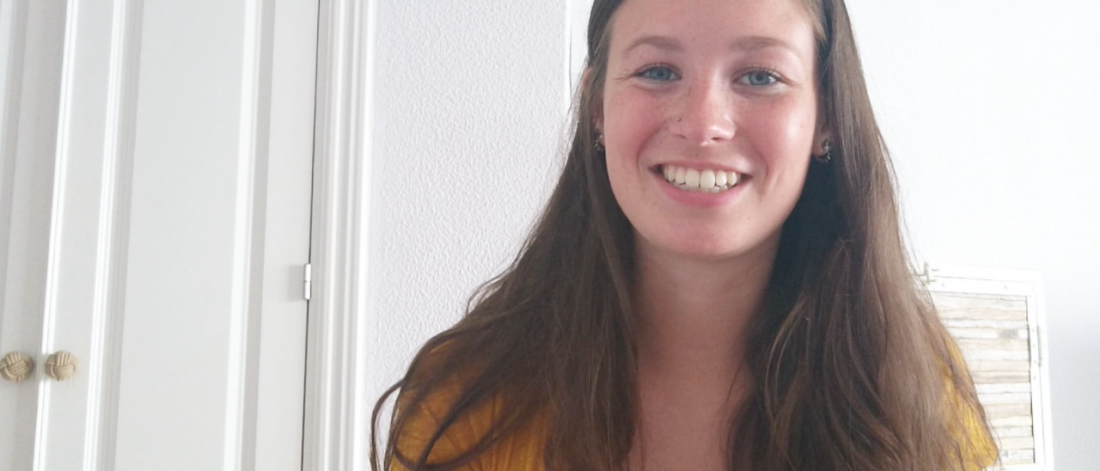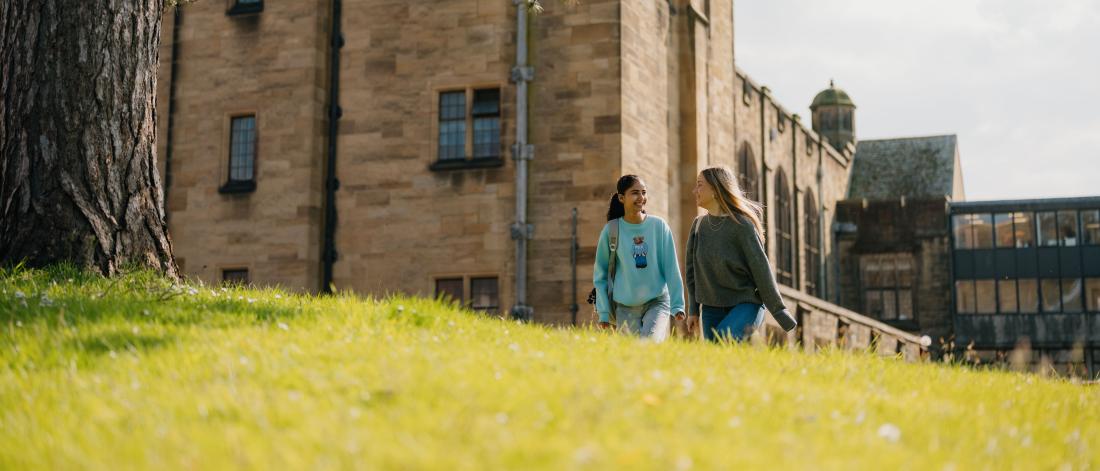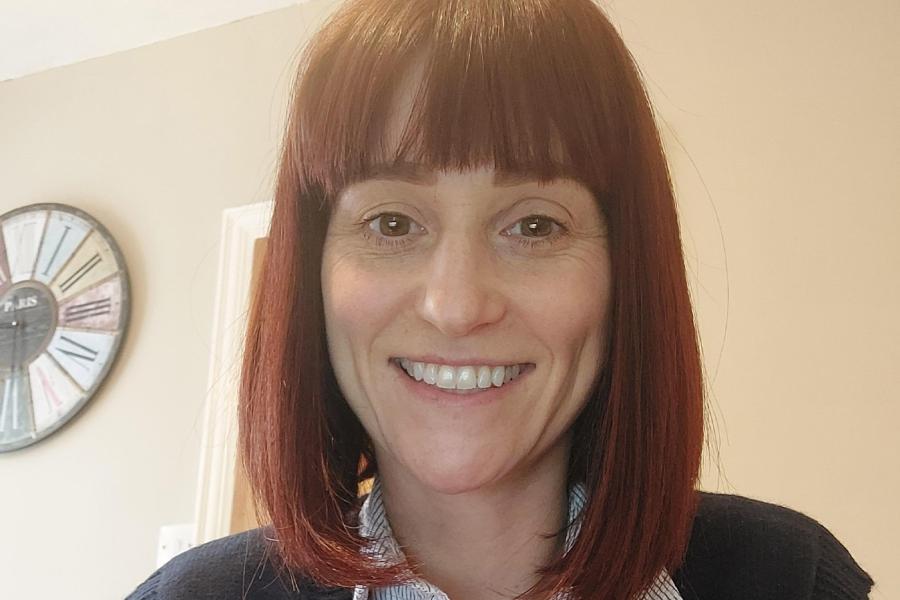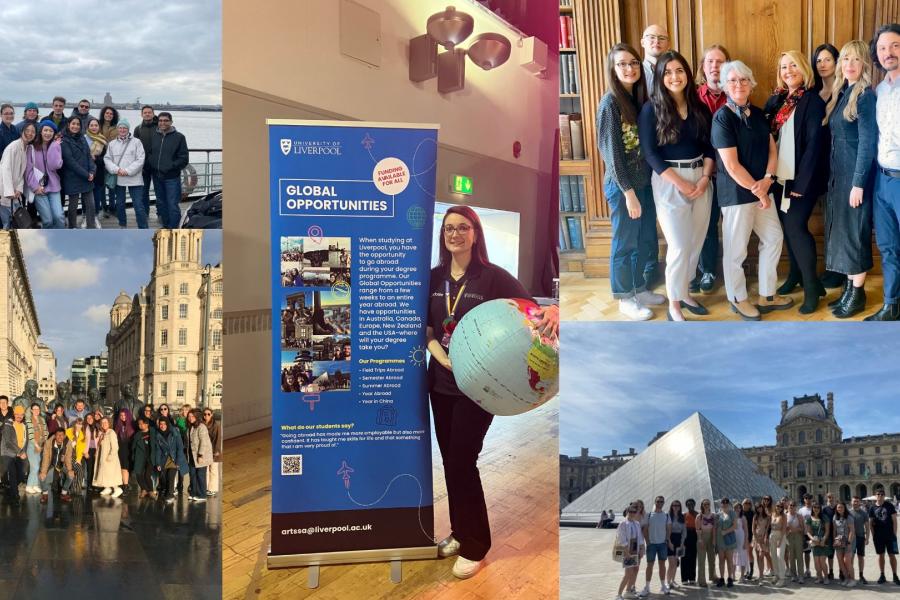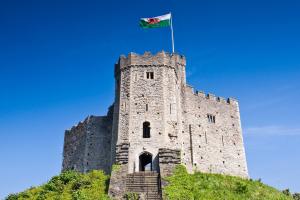Find the right Modern Languages course for you
My year abroad experience
Languages student Eleanor talks about moving to Spain for a year as part of her Spanish degree. Eleanor is working in a primary school and has immersed herself in the Spanish culture!
Our Modern Languages Degrees
Did you know you can study a single language or a combine the study of both Spanish and French on our main Modern Languages programmes.
Did you know you can study a single language or a combine the study of both Spanish and French on our main Modern Languages programmes.
Modern Languages Joint Honours Programme at Bangor University
Did you know you could study a language alongside another subject area? Here at Bangor University we offer several join honours programmes where you can learn a new language or continue your study of a language alongside the study of another discipline.
5 things I enjoyed most about studying Modern Languages and Criminology and Criminal Justice
Do you have a question about life as a Bangor University student? Our ambassadors will be happy to help you find the answer.
They can tell you more about studying here, about the amazing Clubs and Societies we have, and how they made friends and settled in to life at university as a Modern Languages student.
If you have any questions about the course, our lecturers are on hand to help. Below are some examples of frequently asked questions. Can you think of any more?
- What are the qualities of a successful Modern Languages student at Bangor?
- How can I prepare myself to study Modern Languages at Bangor?
- How will I know that Modern Languages at Bangor is the right choice for me?
Our Vibrant Community
What our graduates say
We have graduates working all over the world in various roles. Here is Olivia and Charlotte talking about their time at Bangor University and how studying Modern Languages has helped them in their career.
You may also be interested in these related subject areas.
You may also be interested in these related subject areas.


